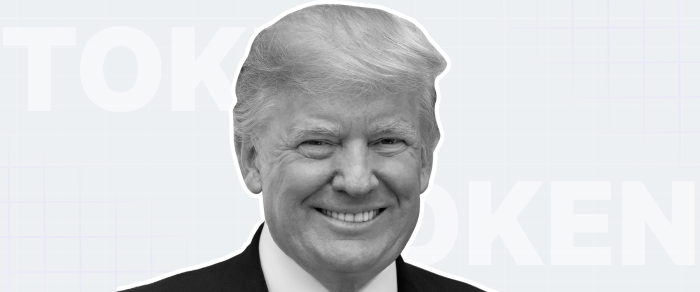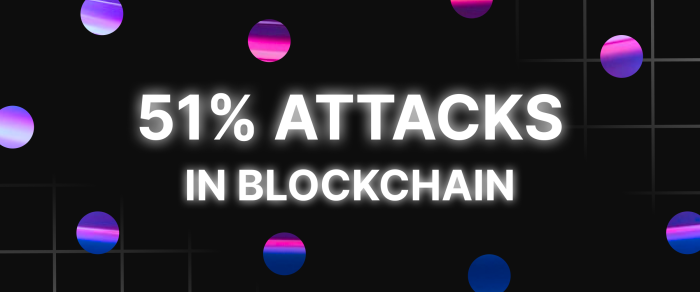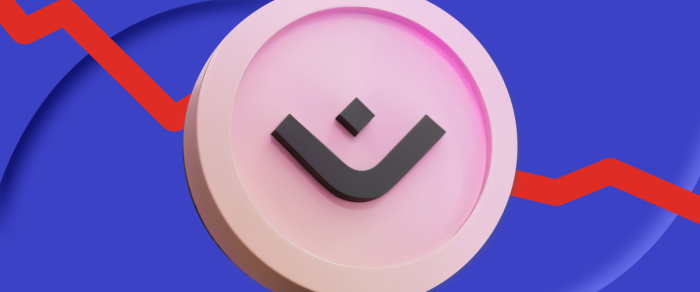Robinhood Is Back On Rails And Being Almost Unaffected By Resent Crypto Drama
Robinhood CEO Vlad Tenev informed investors that the firm is only barely affected by the fall of FTX, a famous cryptocurrency exchange.
On November 10, he tweeted, “It’s business as usual at @RobinhoodApp.”
Shareholders appeared to agree with Tenev’s estimate, as shares climbed 8.2% pre-market to $9.09 and more than 6% after the market opened.
On November 8, when FTX initially announced it would be bought by Binance owing to liquidity difficulties, shares were trading at $11.72 but finished at $9.80. During that day, the stock dropped 15%.
On November 10, investors began selling their holdings after Binance said that it would no longer buy FTX owing to early discoveries revealed during due diligence. Robinhood’s stock dropped to $8.44.
In May, FTX founder Sam Bankman-Fried purchased a 7.6% interest in Robinhood, a brokerage aimed towards youthful investors looking to invest in cryptocurrencies.
“Despite SBF having an equity stake in Robinhood, we have no direct exposure to Alameda, FTX, or any of its entities, and we’ve confirmed with our partners that they don’t have material exposure either,” Tenev tweeted.
However, Bankman-Fried, a previous millionaire, had even worse challenges that investors were unaware of.
According to press sources on November 10, Binance identified a financial black hole, which signifies a $6 billion imbalance between FTX’s liabilities and assets, which canceled the purchase.
In 2021, venture capital companies made significant investments in FTX, with Sequoia investing funding in a $420 million round that increased the exchange’s valuation to $25 billion in October 2021. In January 2022, a consortium led by Paradigm committed $400 million, raising the total worth to $32 billion.
Binance, the largest global crypto exchange, was the first investor to back FTX, but the relationship between the two organizations worsened as FTX gained fame and supporters.
Crypto Trading Volume Increases
According to Tenev, investors are still confident in the future of cryptocurrency valuations, as the number of individuals that buy has grown to the greatest level in Robinhood’s history in the last few days.
“In the last few days, we’ve seen higher trade volumes and elevated crypto inflows,” he tweeted. “In particular, the last two days have been our two greatest days of crypto inflows ever, and we’re happy that clients are turning to Robinhood during this “flight to safety,” he said.
Investors have been subjected to extraordinary volatility in Robinhood, with shares falling by 28% in the last five days and falling to $7.05 on June 15 as the crypto market experienced major liquidity concerns.
The company’s valuation was reduced to $5.9 billion in June due to a huge drop in market capitalization of more than $9 billion since January, making Robinhood a perfect target for a takeover.
Tenev wishes to preserve faith in the stock and cryptocurrency trading app’s future.
“Robinhood Crypto’s declared mission is to construct the most trustworthy, lowest priced, and easiest to use on-ramp to crypto,” he tweeted.
Robinhood Does Not Make Crypto Loans
Unlike other brokerages, Robinhood does not lend or leverage cryptocurrency to other investors.
“Simplicity is crucial here – we don’t lend or leverage your cryptocurrency,” he explained. “We are also quite selective in the assets we provide, and we aim to remain so.”
Tenev believes the uncontrolled elements of cryptocurrency trading are harmful. “Over the last few years, as Crypto has become the mainstream, we’ve witnessed an explosion of new firms and new technology, many of them offshore and unregulated,” he added.
Because of the recent increase in the sorts of crypto investments, such as digital coins and various brokerages, investors must be cautious about where they choose to invest.
“In reality, one of the things that have distinguished crypto is the notion that everyone with a laptop can participate and develop a meaningful new product,” Tenev explained. ” However, this makes it much more necessary for customers to conduct detailed research on the platforms and products they use. As a regulated US firm, we’ll continue to do our share, collaborating closely with policymakers, to provide the safest and most trustworthy crypto experience possible,” he stated.
Description: After Binance abandoned its planned multibillion-dollar bailout, FTX, the cryptocurrency trading platform founded by billionaire Sam Bankman-Fried, is on the verge of bankruptcy.
FTX is in Danger as It Stops Onboarding New Clients After Binance Canceled the Deal
FTX, the crypto trading platform created by billionaire Sam Bankman-Fried, is reportedly on the edge of going bankrupt and filing for bankruptcy protection following Binance’s refusal on a proposed multi-billion-dollar bailout.
Days after telling investors and platform depositors that FTX’s assets were “fine,” Bankman-Fried reportedly told investors on a conference call that FTX is facing a $8 billion hole in its finances, which is likely to become worse after a SEC and CFTC investigation into the handling of client funds.
Meanwhile , Binance, the world’s largest cryptocurrency exchange created by CEO Changpeng Zhao, has backed out of a non-binding deal to save FTX.com, the company’s international subsidiary, claiming that the group’s liquidity concerns were “beyond our control or power to aid.”
Customer fund withdrawals have been suspended since last week, and FTX said Thursday on its website that new customer onboarding has been halted until further notice.
Sam Bankman-Fried says sorry to FTX employees on Twitter.
According to leaked corporate financials, Alameda Research, another digital asset firm controlled by Bankman-Fried, held the majority of its $14.6 billion in assets in the FTT coins earlier this month. Group CEO Caroline Ellison denied the story, writing on Twitter, “that exact balance sheet is for a portion of our business entities. We have > $10 billion in assets that aren’t shown there.”
Large institutional investors with exposure to FTX include Japan’s SoftBank, Canada’s Ontario Teachers Pension Plan, Tiger Global, and Sequoia Capital, which reduced its $150 million stock investment to zero late Wednesday.
“Given the size and interlinkages of both FTX and Alameda Research with other entities of the crypto ecosystem, including DeFi platforms, it appears likely that a new cascade of margin calls, deleveraging, and crypto company/platform failures is starting – similar to what we saw last May/June following the collapse of Terra,” JPMorgan said in a Thursday morning note.
Bitcoin prices, which fell to a two-year low of around $15,900 during yesterday’s chaos, were marked 1% higher on the Thursday session at $16,650 in early trading, but with FTX customers – who have been locked out of their accounts since last week – facing massive losses in any bankruptcy proceedings, further declines across the crypto space are expected in the coming weeks.
FTT, FTX’s utility token, was last reported 41.1% down on the day at $2.61 per token, a more than 95% drop from its highs earlier this month.
Robinhood (HOOD) – shares were marked 4.6% higher in pre-market trading to indicate an opening bell price of $8.79 each after CEO Vlad Tenev said through his Twitter account that the online brokerage has “no direct exposure to Alameda, FTX, or any of its entities,” adding that the group has seen record crypto inflows over the past two days.
Meanwhile, Coinbase Global (COIN) was trading 2.11% higher at $46.95 per coin.



